Nepal Social Media Ban: Why It Shouldn’t Happen
Nepal social media ban starts at midnight. Banning Facebook, Instagram, YouTube, and WhatsApp risks economy, freedom, and democratic voices.

The Nepal social media ban will take effect tonight at midnight (12:00 AM, September 5, 2025), cutting access to Facebook, Instagram, YouTube, X, WhatsApp, and Hamro Patro. The government cites the Social Media Management Directive 2080, but critics warn this move is a step backward for Nepal’s economy, democracy, and digital future.
Cutting Voices, Not Problems
As of January 2025, Nepal had 14 million social media users—nearly half the population. Facebook, Instagram, and Messenger are not luxuries; they are daily essentials for news, education, business, and connection. By enforcing the Nepal social media ban, the government is cutting voices instead of solving real issues.
A Blow to Entrepreneurs and Small Businesses
Nepal has 923,000 businesses, and many survive by marketing and selling on social platforms. Globally, 41% of small businesses earn directly from social media (OECD report). A ban means entrepreneurs lose customers overnight—and innovation stalls.
👉 For more context, read our coverage on Nepal’s economic reforms.
Killing Digital Dreams
TikTok once had 2.2 million Nepali users before its earlier ban. For thousands of creators, influencers, and small entrepreneurs, social media is more than entertainment—it’s an income source. This new social media ban in Nepal wipes out their opportunities and pushes youth further into uncertainty.
From Connectivity to Cyber Risk
Over 80% of Nepal’s internet traffic comes from social platforms. When people turn to VPNs to bypass bans, the internet slows down and cybersecurity risks multiply (Cybersecurity & Infrastructure Security Agency). Instead of making the digital space safer, the government is making it more vulnerable.
Families Left Disconnected
Millions of Nepalis working abroad depend on WhatsApp, Messenger, and Facebook to stay connected with their families. This ban cuts off those lifelines, deepening isolation and emotional strain for migrants and their loved ones.
👉 Related: Migration and remittances in Nepal.
Silencing Democracy and Dissent
Social media has been the engine of change in Nepal:
-
Occupy Baluwatar → demanding justice against gender violence
-
#NoNotAgain → youth rising against old politics
-
Nepal Pride Parade → amplifying LGBTQ+ voices
-
#MeToo Nepal → exposing harassment and demanding accountability
These movements prove that social media fuels citizen power and democratic dialogue. A Nepal social media ban silences dissent, narrows public space, and weakens democracy.
There Is a Better Way
Accountability is important—but bans are not the answer. Nepal can:
-
Require tech companies to open local offices
-
Appoint official representatives
-
Create transparent complaint systems
These steps balance regulation with freedom.
Don’t Silence Nepal
The Nepal social media ban is not just about apps—it’s about our voice, economy, and democracy. In today’s world, a nation without social media is not just voiceless, it is invisible.
Nepal must not choose censorship over connection. It must choose openness, innovation, and empowerment.
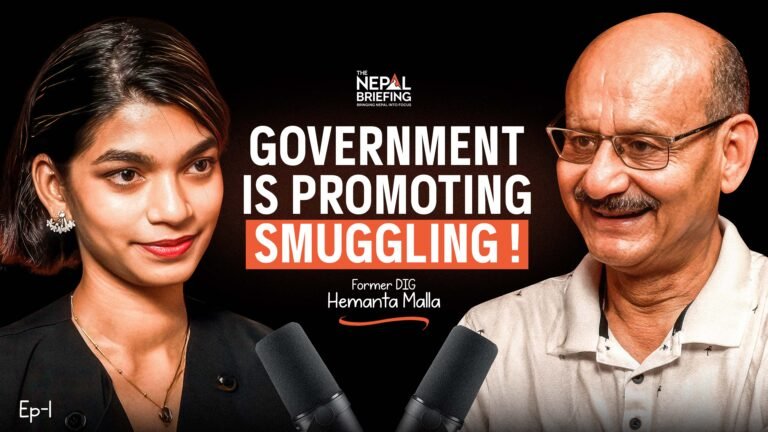
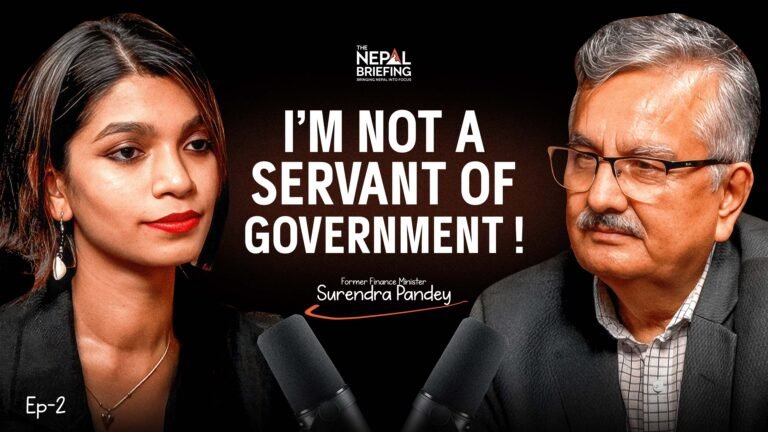
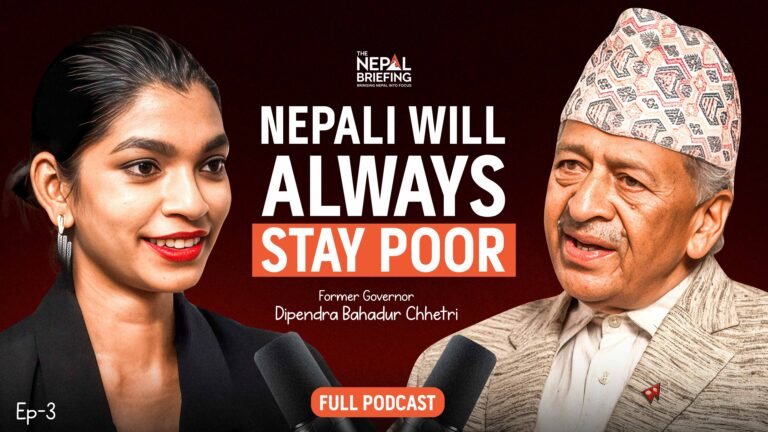
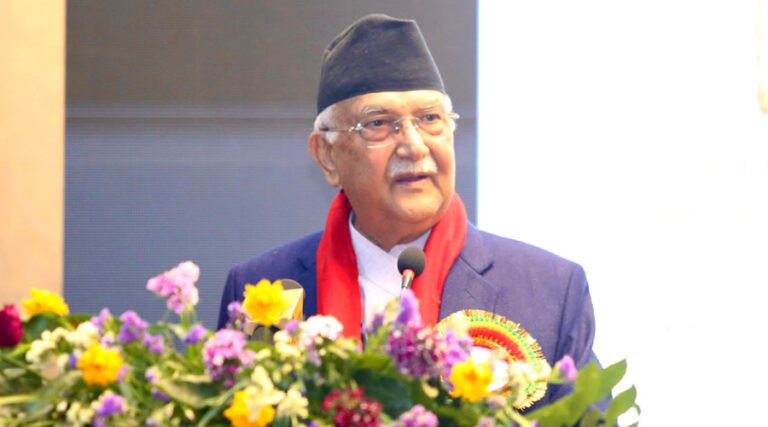

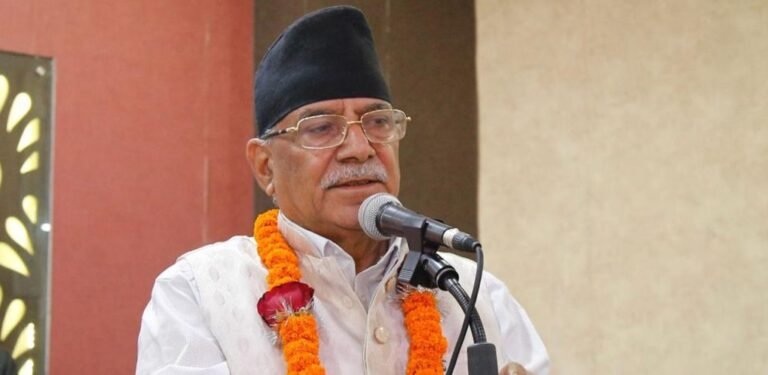
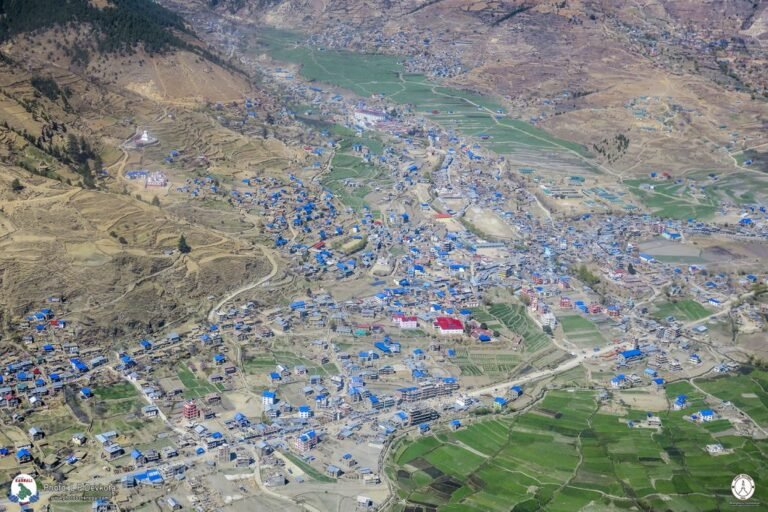

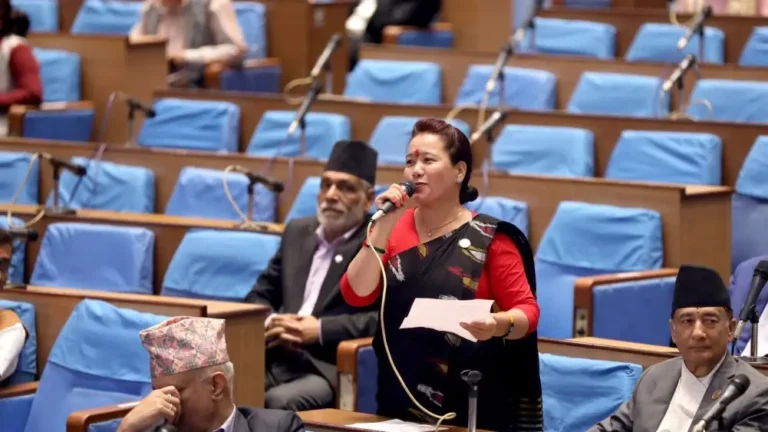

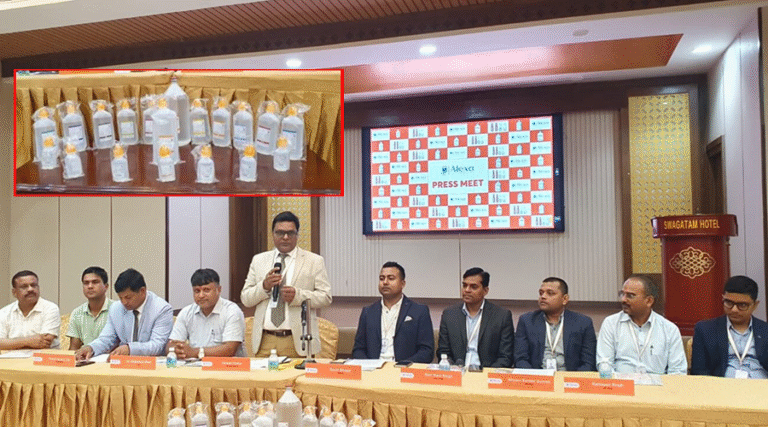

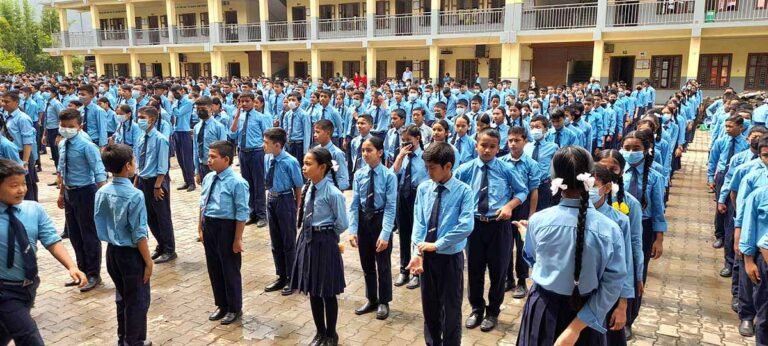
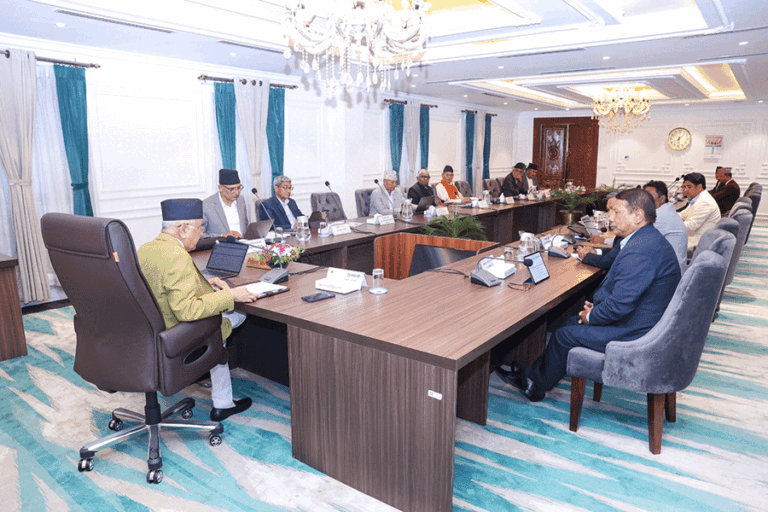

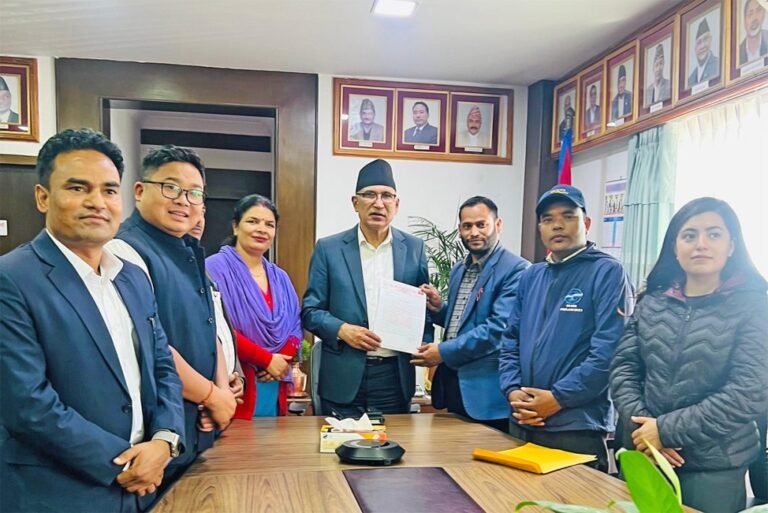

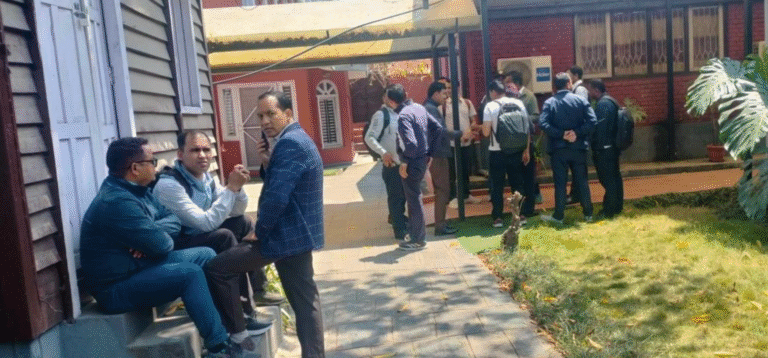
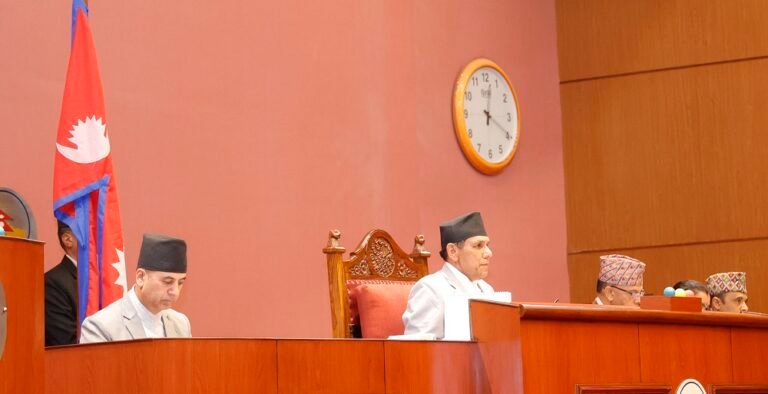

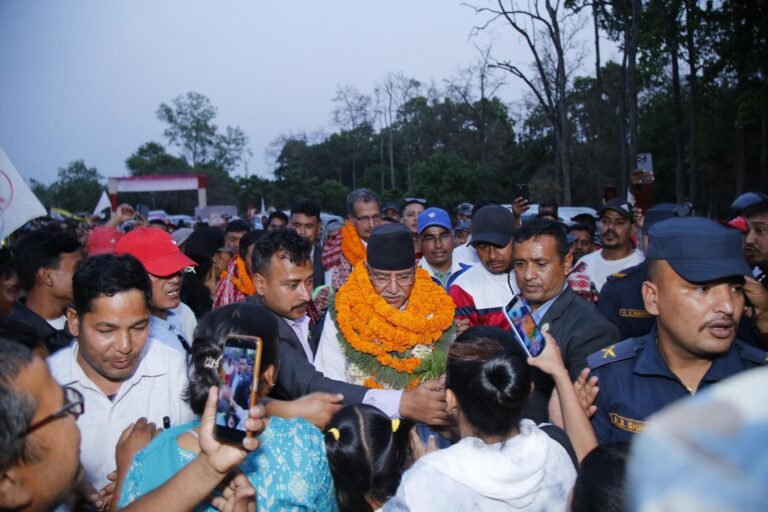


Please login to leave a comment.
Login to Comment